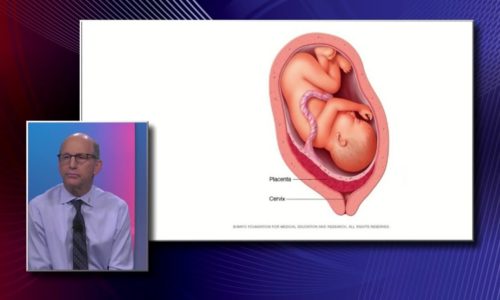Misdiagnosed Tongue-Tie |
How often is tongue-tie misdiagnosed? Melissa Ramkissoon of Help with Ties, says there is a big significant lack of knowledge on the pediatrician’s side and it is necessary to address the willingness to learn to see the symptoms are fixing the issue.
Transcript
I think we touched upon this earlier and so how often is this misdiagnosed or they think it’s more like severe gastroenteritis an acute care hospital we end up treating the health issue which is the gastric reflux the respiratory issue the choking episodes sometimes they come in with vomiting and irritability fussiness and we don’t always we don’t always look at that the tongue type part right certainly if it’s recognized and you know we obviously refer back to the pediatrician but hopefully that pediatrician is taking that next step and what I’m recognizing as well is that there’s a big significant lack of knowledge on the pediatrician I mean you see as a registered nurse as well you had no idea when I was and it’s a gap in knowledge that needs to be addressed and also there’s a willingness to learn that needs to be addressed as well because if we treat symptoms as acid reflux these guys like sometimes we’re still not fixing the issue right okay so we’re radiating children a swollen barium study spending a lot of money on medications different formulas bottles pacifiers but let’s fix the real issue right which is a time of bringing attention to a juncture now in Dylan’s case was he up all night Dylan was up every 30 minutes because he was just not content and he was making these grunting noises because dr. Haller as she mentioned earlier they are very tight in the the neck upper back facial area because of that attachment in the mouth so he was never comfortable never content we bought my husband I bought many different bassinets different things to soothe him which none of it works you








